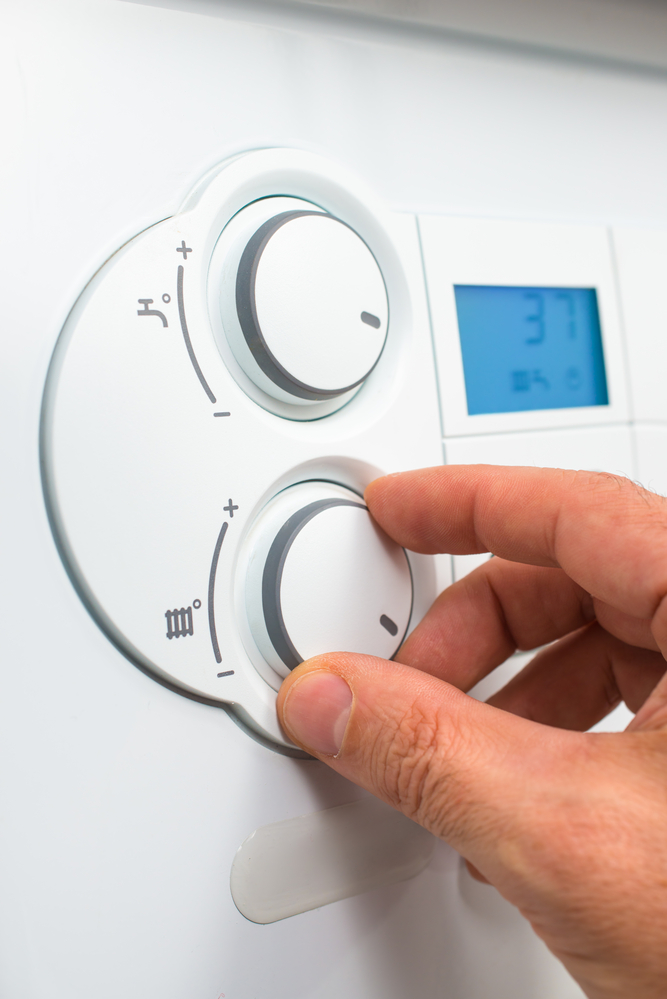
How does a boiler work?How does a boiler work?
Gas boilers heat the homes of well over three-quarters of UK homes, but whilst we all take the heat and hot water they provide for granted, most of us don’t have a clue how these machines actually work.
Sure, this isn’t exactly something that matters that much on a daily basis, but given the importance of your boiler to safety and comfort it can be useful to at least understand the basics of how the system operates.
At the very least, it will add a little something to your knowledge.

We provide expert Glasgow boiler services to customers across Central Scotland and are pretty well-versed on every single component of boiler systems. Who better then to walk you through the basics of your home heating system.
What are the basic components of gas boilers?
The inside of a gas boiler is far less complicated than most people imagine.
In general there are just 5 key components that combine to create the boiler system in your property.
Firstly, the gas burner. Without this, you can’t burn gas (surprise surprise) and can’t generate heat, so it’s a pretty important part of your boiler system. Any problem with the burner and you will need to contact a professional gas safe engineer as soon as possible.
Secondly, the heat exchanger. This is the piece of equipment that turns heat from a solid into a fluid that can be sent flowing round your home to heat your radiators and hot water.
Any by-products that are produced by your boiler, mainly carbon monoxide, will be removed from the property via a thin exhaust pipe.
The boiler will also come fitted with a control system that allows you to change settings, set times for operation, and generally manage the entire system from one central location.
Do Gas boilers require a water tank?
If you already have a gas boiler but not a water tank you probably already know the answer to this one.
Some gas boilers do have a hot water tank but not all. Modern combi boilers heat water on demand, offering improved convenience and saving space. However, if you live in a larger sized property and your hot water requirements are larger than the average home a water tank will probably be needed.
How is heat generated?
Once your boiler is turned on, the burner will spring into action, igniting a slow stream of fas that in turn heats the water via the heat exchanger that we mentioned earlier.
When this occurs, and how long the boiler remains in action for will depend on the settings you apply using the control panel on the unit itself.
What about oil boilers?
If you have an oil boiler, it will work in a slightly different way to a gas one, although both are fuelled by combustion.
Oil boilers operate by taking oil from a storage tank, usually in the garden, and it delivered by truck, rather than being fed into your home through the mains gas system.